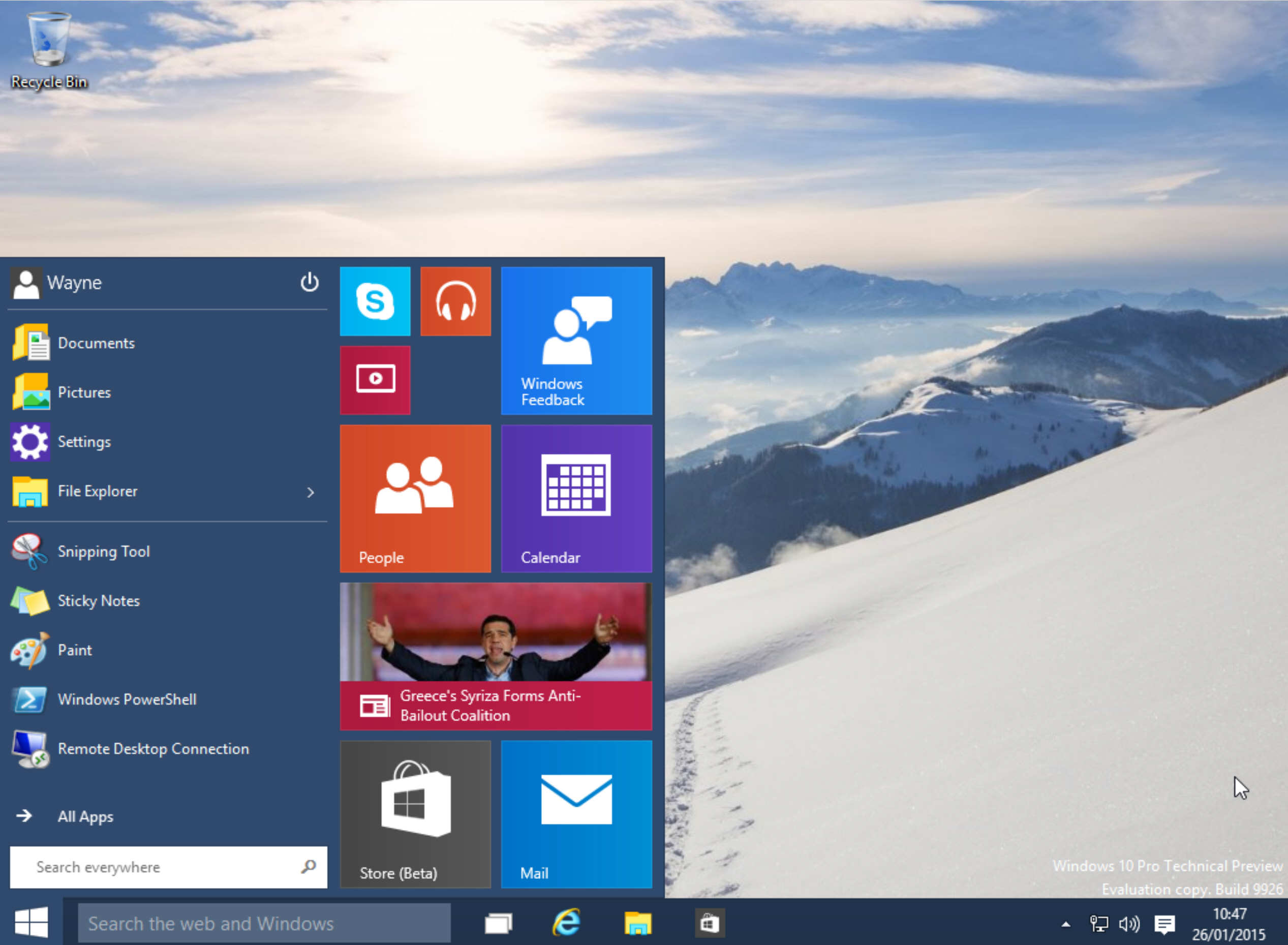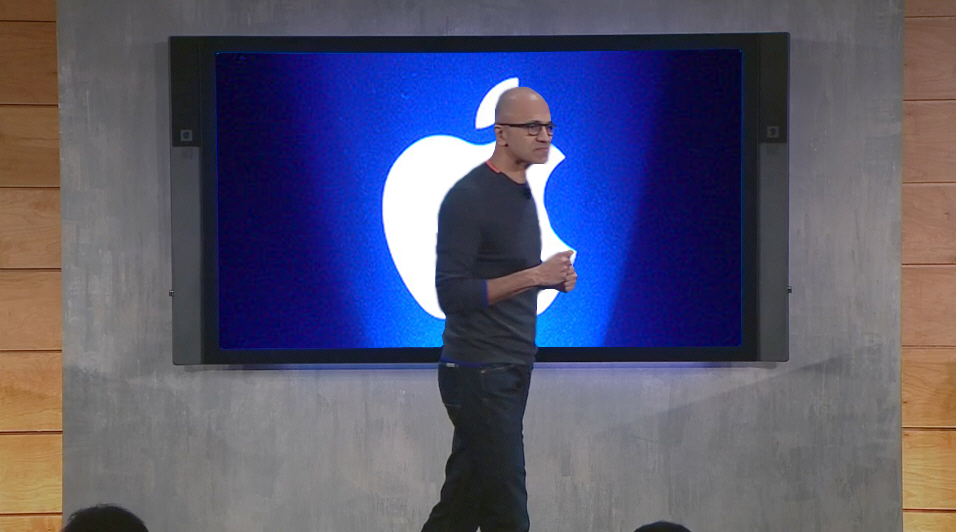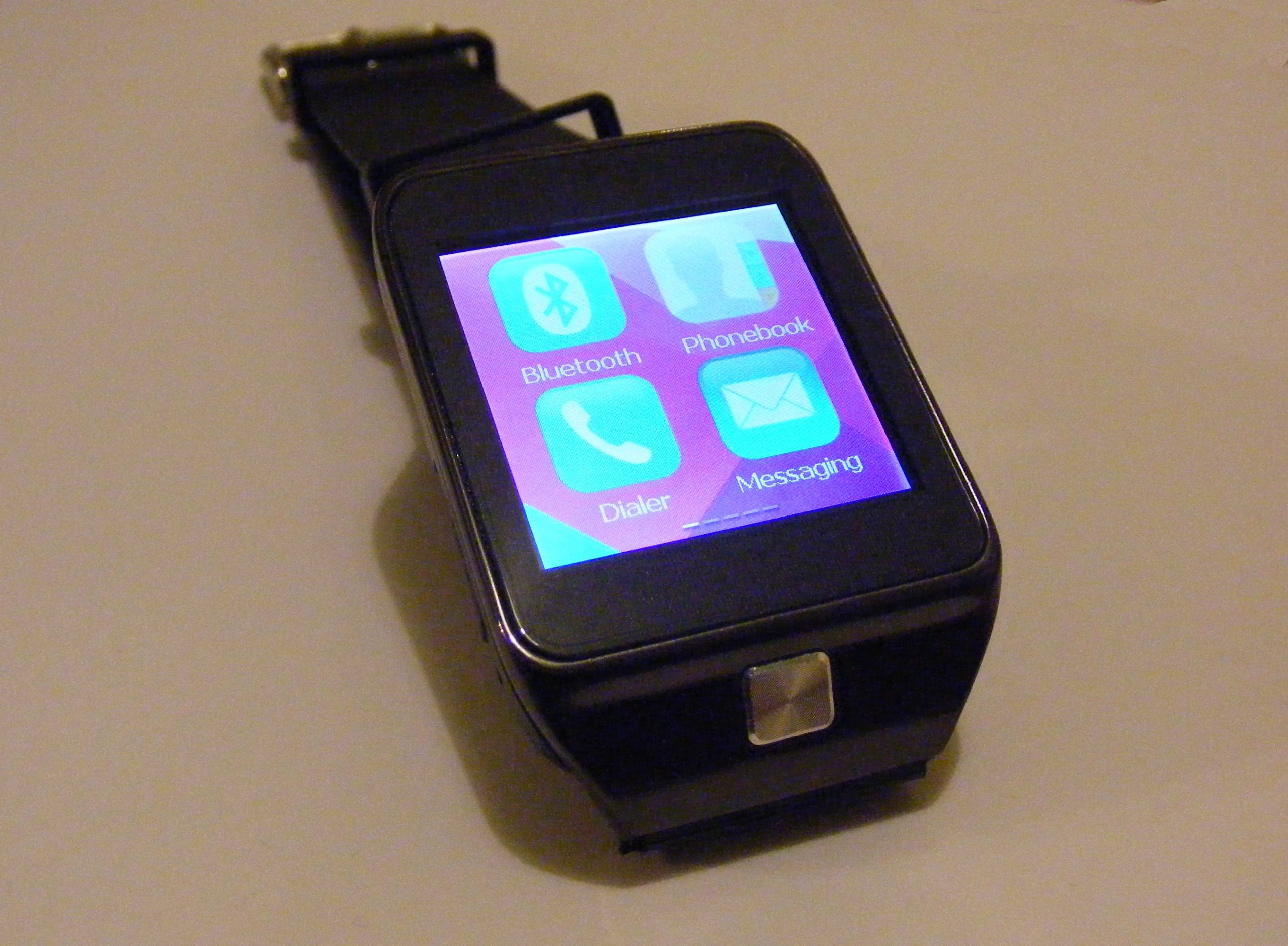
Unlock Windows 10's hidden secrets
Microsoft released Build 9926 of the Windows 10 Technical Preview on Friday, and so far we’re liking what we see. There are a few issues with it, naturally, but it’s definitely a giant leap in the right direction (for the most part anyway).
There are several hidden features available, but not activated, in this new build, which are well worth exploring and so we’ve put together this handy guide explaining how to get them all working.

The social media threats to watch for in 2015
The increased popularity of social media, for business as well as personal use, has opened up a new avenue of attack for cyber criminals.
Risk management company ZeroFOX has produced a list of the top social media attacks to look out for this year.

The Windows 10 presentation gets an A -- for Apple
Yesterday’s Windows 10 briefing was weird. I mean that in a good way. Microsoft went all Apple on us, aping much of the style and presentation of its rival, right down to the "one more thing" which turned out to be a crazy holographic nerd helmet that was nowhere near finished and can’t yet do most of the things claimed for it. But has potential.
In the aftermath of the presentation tech writers began asking questions like "When did Apple become the boring one?", and that would have raised a smile or two at Redmond. Microsoft needed to shake off its reputation of a firm which makes dull, or flawed "me too" products, and for the main I think it succeeded.

Developers are killing Windows Phone
No matter how much Windows Phone has progressed, it feels like it will always be held back by its app store. Lots of nice titles continue to be unavailable, despite claims of the so-called "app-gap" closing. It is not, clearly. When top developers eventually release their apps on the platform, they usually come long after their Android and iOS counterparts and are rarely updated. Let's not even talk about feature parity, which is a huge issue on its own. Of course, that is if those top developers can be convinced to support Windows Phone in the first place, which isn't always the case. It's not an easy thing to do.
Windows Phone Store is also not helped by the developers who decide to abandon or leave the platform altogether. The latest blow is dealt by Chase Bank, which has supported Windows Phone for more than two years. It just announced that it will take the latter route, packing its bags and leaving the platform in just a few days.

93 percent of US organizations are vulnerable to insider threats
In the past few years the adoption of new methods to access corporate data has led to traditional endpoint security being less effective. At the same time there are concerns about the number of employees who have access to data and how much of a threat they present.
Data security specialist Vormetric has released its latest Insider Threat Report which reveals that 93 percent of US organizations polled believe that they’re vulnerable to insider threats.

A smartwatch for under $50 -- Rwatch R5 [Review]
Like any new technology, smartwatches when they first appeared were fiendishly expensive. Now that budget manufacturers are getting in on the act however prices are starting to tumble.
The R5 from Chinese company Rwatch costs less than $50 and will work with most Android phones, but can it compete with the pricier offerings from big name manufacturers?

Poetic Justice -- DDoS service operated by Lizard Squad gets hacked, user data leaked
The past few weeks have not been kind to hacking group Lizard Squad. They've managed to raise the ire of the last possible group of folks you'd wish to anger -- Anonymous. The organization is also experiencing arrests of its members, thanks to poor procedures put in place for identity protection. But the latest blow may come as poetic justice to many people.
The loosely-knit hacker communicative has been trying to sell its wares online -- namely DDoS for hire services. Unfortunately for it, and rather fortunately for the rest of us, the offering has been hacked. According to multiple reports LizardStresser.su was compromised.

CNN and MSNBC embrace Microsoft's Bing Pulse for Obama State of the Union
My feelings about President Obama are irrelevant, but one thing is very relevant; the issues. Regardless of whom is president, you should pay attention to what he or she says, so you can be knowledgeable about your country.
If you are someone that actually cares about issues, you are in luck. You see, both CNN and MSNBC are embracing Bing Pulse during Obama's State of the Union. What does this mean? Rather than just consume the speech, you can interact with it by digitally agreeing or disagreeing with the Commander in Chief.

Google has lost control of Apple
Maybe disposing of Android creator Andy Rubin was dumb. Maybe buying into the "Year of Chromebook" meme was dumber. Maybe making strategic decisions in anticipation of European Union trustbusters was even dumber. Maybe selling Motorola was dumbest. Take your pick, or add to the list, because all of the above apply. Google has squandered what should be in 2015 platform riches, ceding to Apple what shouldn't have been.
In October 2009, I asserted (before anyone else) that "iPhone cannot win the smartphone wars", as the stage was set for Android and iOS to mimic the platform battle between Windows and Macs during the PC era. By the large number of Android devices shipped that analysis is true today. But Apple's mobile platform wins the mindshare—and by other measures profit-share—wars, something Google could have, and should have, easily prevented. Time is overdue for course correction that requires smarts, not dumb-ass thinking.

The cost of dealing with false positive malware alerts
False positives are often accepted as a fact of life with anti-virus programs but a new survey commissioned by breach detection specialist Damballa reveals that they have a significant cost for businesses.
The study produced by the Ponemon Institute reveals that enterprises spend $1.3 million a year dealing with false positive cyber security alerts, which equals nearly 21,000 hours in wasted time.

War is declared: US and UK to engage in cyber attacks
The US and UK usually get on pretty well, but plans are afoot for the two nations to stage cyberwar on each other. Later this year, Wall Street and the City of London will be subjected to a series of attacks that is being described as "unprecedented".
But this does not signal a breakdown in the "special relationship" that extends across the Atlantic, rather the "war games" are part of a venture between the two countries to help improve security. The aim is to expand information sharing in a bid to stave off real cyber attacks that could be launched by other nations.

Windows 7 mainstream support ends today -- should you panic?
Windows 7 is by far and away the most popular operating system, and likely to remain so for many years to come. Windows 8.1 did nothing to dent the older OS’s popularity -- in fact, it helped propel it to even greater heights -- and Windows 10 will have its work cut out to unseat Windows 7 from the top of the pile.
Every Microsoft operating system comes with five years of mainstream support in which the software giant provides security and non-security updates and complimentary online and telephone support, and today, Windows 7 Service Pack 1’s mainstream support comes to an end. So what does that mean for the legions of Windows 7 users?

What security threats will enterprises face in 2015? [Q&A]
Last year saw a number of high profile security incidents hit businesses. From attacks on individual companies to bugs like Heartbleed that had the potential to affect large numbers of organizations.
Can we expect more of the same in 2015 or will the threat landscape continue to evolve? We spoke to Mark Bermingham, director of global B2B marketing at Kaspersky Lab, to find out.

The Windows exploit landscape in 2014
Over the years we've grown used to Windows being the target of viruses, hacks and other forms of attack. Although other systems like Android are now coming under attack too it’s still Windows that gets the most attention.
Researchers from security company ESET have released a report showing the major trends in Windows exploits over the past year.

3D is dead, but will you buy a 4K TV in 2015?
HD, with its 1080p picture took off, albeit a bit slowly at first. But in the long run, almost all content moved to the format and customers bought sets. It was a boon for manufacturers, but it was one that ended quicker than they hoped. Once everyone had that new TV, the rush came to a screeching halt and companies began puzzling over what to do next, desperate to get back those sales figures that had become a bygone era.
Enter 3D, people must want that experience, right? Not so fast. The platform fell flat on its face when nobody rushed to buy a TV that required wearing glasses -- worse, expensive ones at that. To quote my colleague Derrick Wlodarz, "the hurdles for 3D TV are plentiful. By far, the biggest, nastiest one has no doubt got to be content. And more specifically, breadth and reach of such content. Not just across movies, but television channels too. And this is one nagging factor that 3D TV proponents can't seem to come to grips with".
